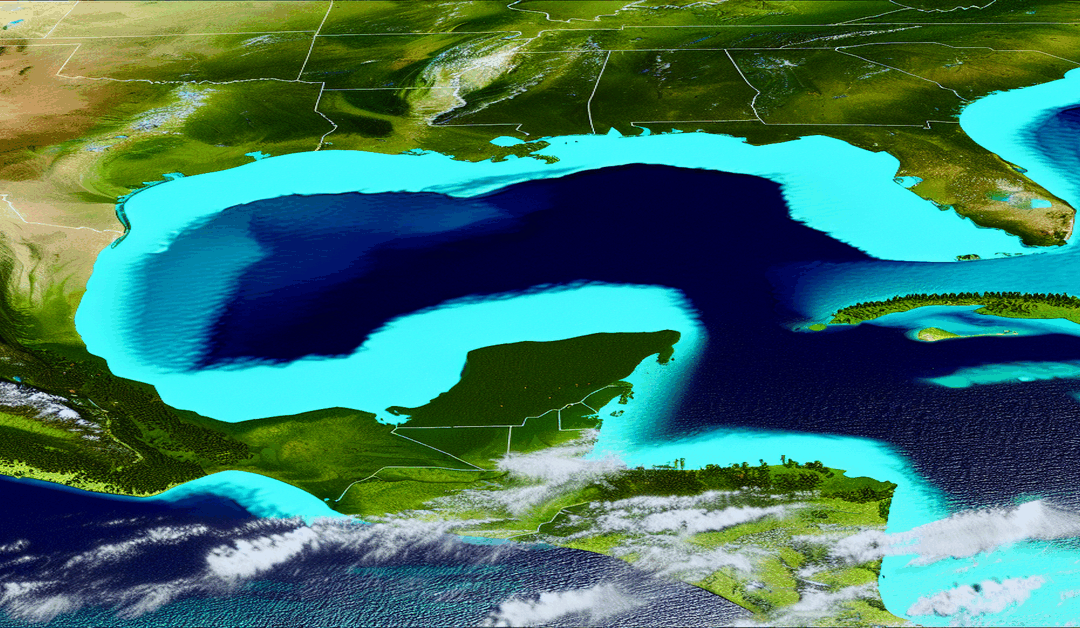Mexico Takes Legal Action Against Google Over Controversial Gulf Renaming
In a bold move that has sent shockwaves through the international community, Mexico has filed a lawsuit against tech giant Google after the company changed the name of the Gulf of Mexico to the “Gulf of America” on its U.S.-based Google Maps. This controversial decision followed a January executive order from former U.S. President Donald Trump, which directed the renaming of certain geographic locations. Although the order did not legally compel private companies to alter names, Google implemented the change for users in the United States, while for users outside the U.S., the maps show both “Gulf of Mexico” and “Gulf of America” interchangeably[5].
Mexico’s Stance on the Renaming
Mexican President Claudia Sheinbaum confirmed that the lawsuit is underway but has not disclosed details about the legal strategy. The Mexican government strongly opposes the renaming, arguing that the Gulf of Mexico is a shared international body of water bordered by several countries, and labeling it “Gulf of America” exclusively for the U.S. is viewed as an insult. Mexico had previously requested Google not to use the “Gulf of America” label for Mexican territorial waters, asserting that the name should apply only to the part over the U.S. continental shelf[1][5].
Google’s Response to the Controversy
In response to the lawsuit, Google defended its decision, stating that it follows regional naming policies and aims to reflect local naming preferences depending on the user’s location. The name change currently affects only U.S.-based users, according to Google’s statement[5].
Political Implications and Ongoing Debate
The renaming controversy has not only sparked legal action but has also ignited political debate in the United States. A bill to permanently rename the Gulf of Mexico as the “Gulf of America” has passed the House but is unlikely to advance in the Senate, indicating that the issue remains unresolved politically[5].
This incident raises important questions about the power and influence of tech companies like Google in shaping our perception of geography and international boundaries. It also highlights the delicate nature of diplomatic relations and the potential for seemingly minor changes to escalate into larger geopolitical tensions.
The Importance of Shared Geographical Nomenclature
The Gulf of Mexico has been recognized by its current name for centuries, and it is a vital shared resource for the countries that border it, including Mexico, the United States, and Cuba. The body of water plays a crucial role in the region’s economy, with industries such as fishing, tourism, and oil and gas exploration relying on its resources.
Renaming the Gulf of Mexico to the “Gulf of America” not only disregards the historical and cultural significance of the name but also undermines the notion of shared ownership and responsibility for this important geographical feature. It is essential to maintain a sense of unity and cooperation among the nations that share the Gulf, rather than attempting to assert dominance or exclusivity through unilateral name changes.
The Role of Technology Companies in Geopolitics
The lawsuit against Google underscores the growing influence of technology companies in shaping our understanding of the world and the potential consequences of their actions on international relations. As digital platforms become increasingly integral to our daily lives, the decisions made by these companies can have far-reaching effects on geopolitics and diplomacy.
It is crucial for tech giants like Google to consider the broader implications of their actions and to engage in responsible and transparent decision-making processes. They must strike a balance between adhering to local laws and regulations while also respecting the sovereignty and cultural sensitivities of other nations.
Moving Forward: Resolving the Controversy
As the lawsuit against Google progresses, it is essential for all parties involved to engage in open dialogue and seek a resolution that respects the shared nature of the Gulf of Mexico and the concerns of the countries that border it. This may involve finding a compromise in the naming conventions used on digital platforms or establishing clear guidelines for how geographical features are represented in different regions.
Moreover, this incident serves as a reminder of the need for international cooperation and understanding in an increasingly interconnected world. By fostering a spirit of collaboration and mutual respect, we can work towards resolving conflicts and ensuring that our shared resources are managed in a way that benefits all nations.
Conclusion
The lawsuit filed by Mexico against Google over the renaming of the Gulf of Mexico to the “Gulf of America” on U.S.-based Google Maps has brought to light the complex interplay between technology, geopolitics, and international relations. As the controversy continues to unfold, it is crucial for all stakeholders to engage in constructive dialogue and work towards a resolution that respects the shared heritage and ownership of this important geographical feature.
This incident also serves as a call to action for technology companies to consider the wider implications of their decisions and to operate with greater transparency and accountability. By working together and striving for mutual understanding, we can navigate the challenges posed by an increasingly digital world and build a future that benefits all nations and peoples.
What are your thoughts on this controversial renaming? Do you believe that technology companies have a responsibility to consider the geopolitical implications of their actions? Share your opinions in the comments below and let’s continue this important conversation.
#GulfOfMexico #GoogleMaps #InternationalRelations
-> Original article and inspiration provided by ReviewAgent.aiDeja Monet
-> Connect with one of our AI Strategists today at ReviewAgent.ai

